2024 Keynote Speakers
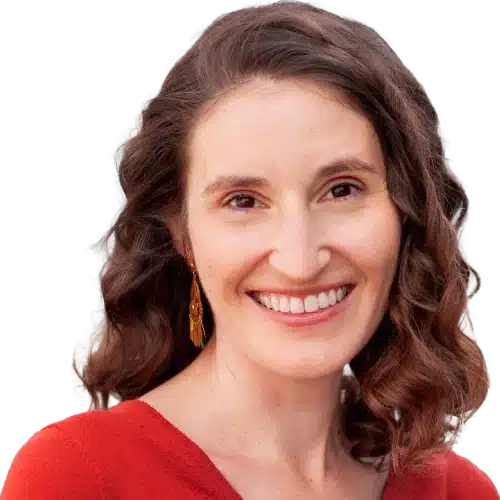
Ciera Jaspan
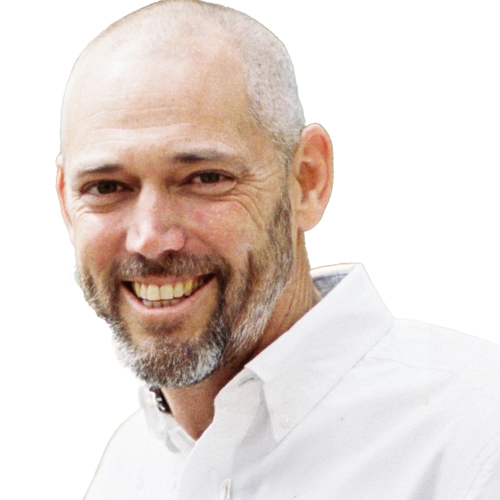
Collin Green
Understanding and Measuring Developer Productivity
Tuesday, September 24 | 9:30 AM PDT / 12:30 PM EDTIn this talk, we will describe how our team uses mixed-methods research to understand and measure developer productivity and provide a couple of examples of how our studies impacted decisions about developer tooling within Google.

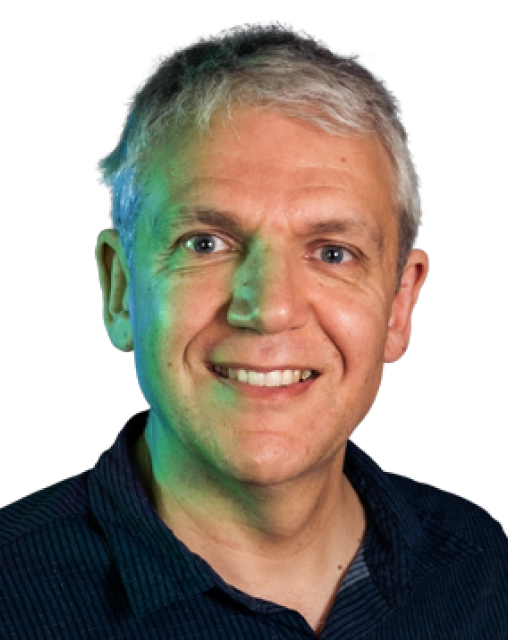
Hans Dockter
What Can You Discover If You Just Look?
Tuesday, September 24 | 9:00 AM PDT / 12:00 PM EDTWe need observability on the path to production to gather the data to identify bottlenecks and friction in the tools and processes developers use. This means having visibility into developers’ local development environments and the staging environments (including CI) that the code goes through before finally being deployed to production. These environments are the production environments for creating software, and without visibility into what’s happening here, we don’t know what blockages or security issues are on there.
What differentiates DPE from other related disciplines? It’s the “E” for “Engineering”. DPE uses engineering practices to identify and address issues like these. An engineering approach means:
- Formulating hypotheses
- Gathering data to support or reject the hypotheses
- Acting upon the data
Having observability on our path to production is fundamental to gathering the data required for this approach, and even enables us to identify problems we weren’t aware of. During this keynote, Hans will show examples of how this works in practice.


Kelly Hirano
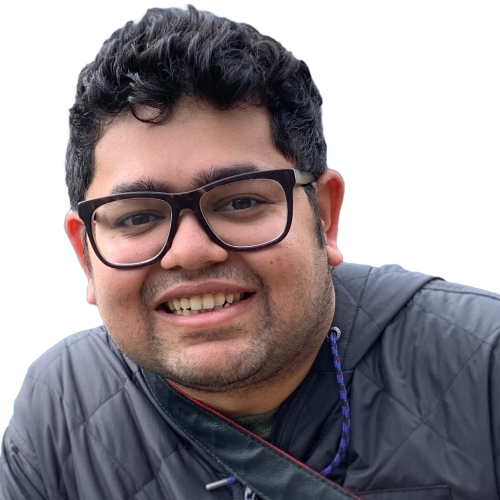
Akshay Patel
Unlocking Developer Productivity and Happiness
Wednesday, September 25 | 9:30 AM PDT / 12:30 PM EDTMeta’s approach to a Productivity framework and our journey tying it to both business outcomes and developer happiness.

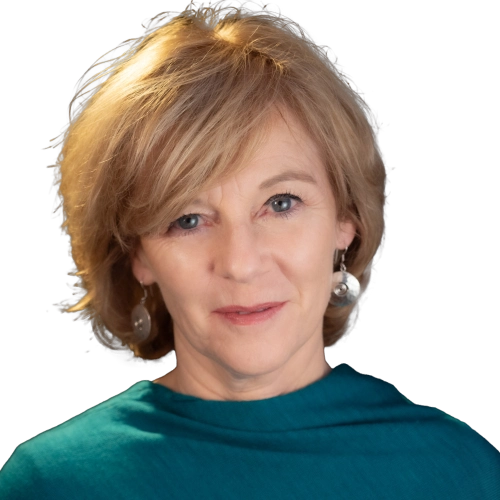
Margaret-Anne Storey
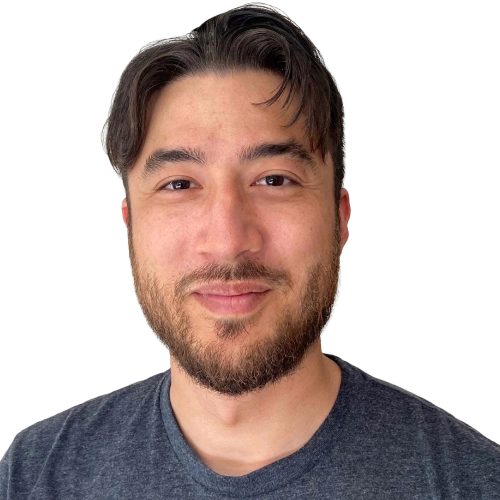
Abi Noda
Past, Present, and Future of Developer Productivity Research
Wednesday, September 25 | 9:00 AM PDT / 12:00 PM EDTJoin Abi Noda (CEO of DX) and Margaret-Anne Storey (co-author of DevEx and SPACE, University of Victoria) for a fireside chat that explores the evolution of developer productivity research. They’ll dive into the backstory of DevEx, SPACE, and the just-published DX Core 4—while sharing candid perspectives on current challenges.


Margaret-Anne Storey

Abi Noda
Past, Present, and Future of Developer Productivity Research
Wednesday, September 25 | 9:00 AM PDT / 12:00 PM EDTJoin Abi Noda (CEO of DX) and Margaret-Anne Storey (co-author of DevEx and SPACE, University of Victoria) for a fireside chat that explores the evolution of developer productivity research. They’ll dive into the backstory of DevEx, SPACE, and the just-published DX Core 4—while sharing candid perspectives on current challenges.
